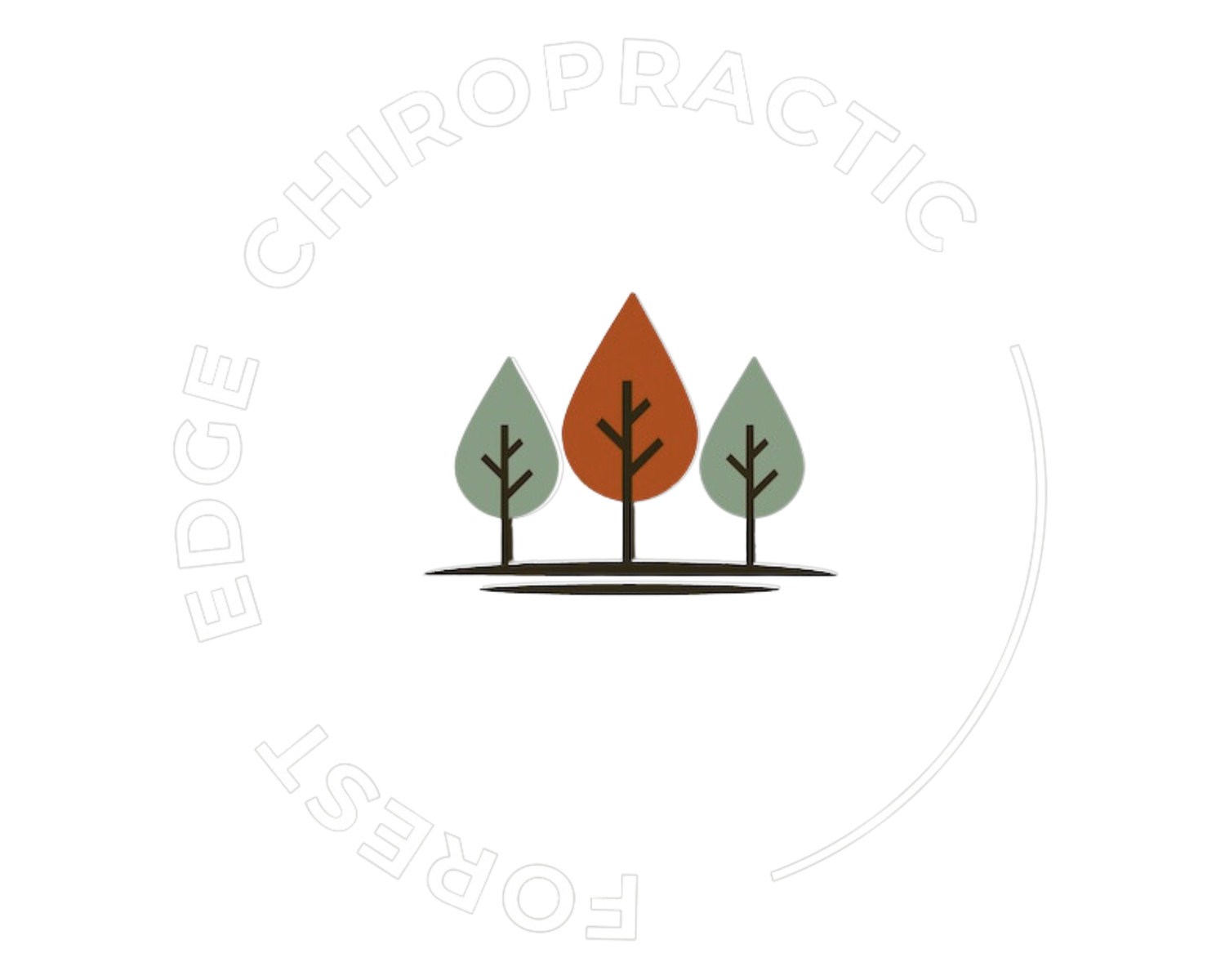Glucosamine and knee arthritis
My last few weeks in practice have included a few grumbly, arthritic knees (which always brings up the question “does the weather make pain worse?” - that’s for another day!). Treatment for arthritic knees can be quite helpful - massage, some needles and some strengthening exercises can be effective in keeping knees going. But when I see a grumbly knee, I often get asked about the supplement glucosamine. So I thought it might be interesting to learn a bit more about it and whether you should take it.
Glucosamine is a compound which is occurs naturally in our bodies, and is most commonly found in cartilage, but to a lesser extent in tendons and ligaments. In joints where there are arthritic changes, the cartilage becomes thinned and glucosamine levels are lower.
Glucosamine works by promoting cartilage repair, reducing inflammation within the joint itself, and slowing the degeneration of the joint cartilage.
The most studied form of glucosamine is glucosamine sulfate, which is most likely what you’ll be buying if you see it in a shop. Studies have shown that it can provide modest pain relief and improve function in individuals with arthritis in their knees (Towheed et al., 2005). A systematic review by Simental-Mendia et al. (2013) concluded that glucosamine sulfate was more effective than a placebo in reducing pain and improving knee function, particularly in patients with moderate arthritic change. These were large scale studies, which looked at a lot of people with knee arthritis, which means they give us a good picture of how effective glucosamine is. However, it’s important to note that the effect sizes in both these studies were small. That means that while many participants noted benefits, or reductions in their pain, they were only small reductions. Benefits were biggest in people with mild to moderate arthritic change, rather than severe knee arthritis. Because of these small changes, glucosamine is unlikely to be recommended as a first-line treatment for knee arthritis, but is likely to have a small effect for some people.
So is it worth trying? Glucosamine is a safe supplement. However, it is not recommended to take glucosamine if you also take warfarin - if you at all unsure, please talk to your GP or a pharmacist. But for everyone else, it is safe. It is generally fairly affordable - the dose you need to take is between 1.5g and 3g daily (1500-3000mg daily, which can be split into 3 doses of 500mg-1000mg each day). You need to take it for a minimum of 3 months to start to see any effect. This is going to cost you somewhere between £15 and £40 a month.
So I guess the answer to “should I take this for my knee arthritis?” is “as long as you’re not taking warfarin, if your arthritic change is fairly mild, it’s probably worth a try, if you can afford to spend the money each month”.
It’s worth noting that therapeutic exercises have also been shown to be effective for mild to moderate knee osteoarthritis, to about the same levels. So the choice is yours! I am, of course, happy to help if you’d like some exercises!
